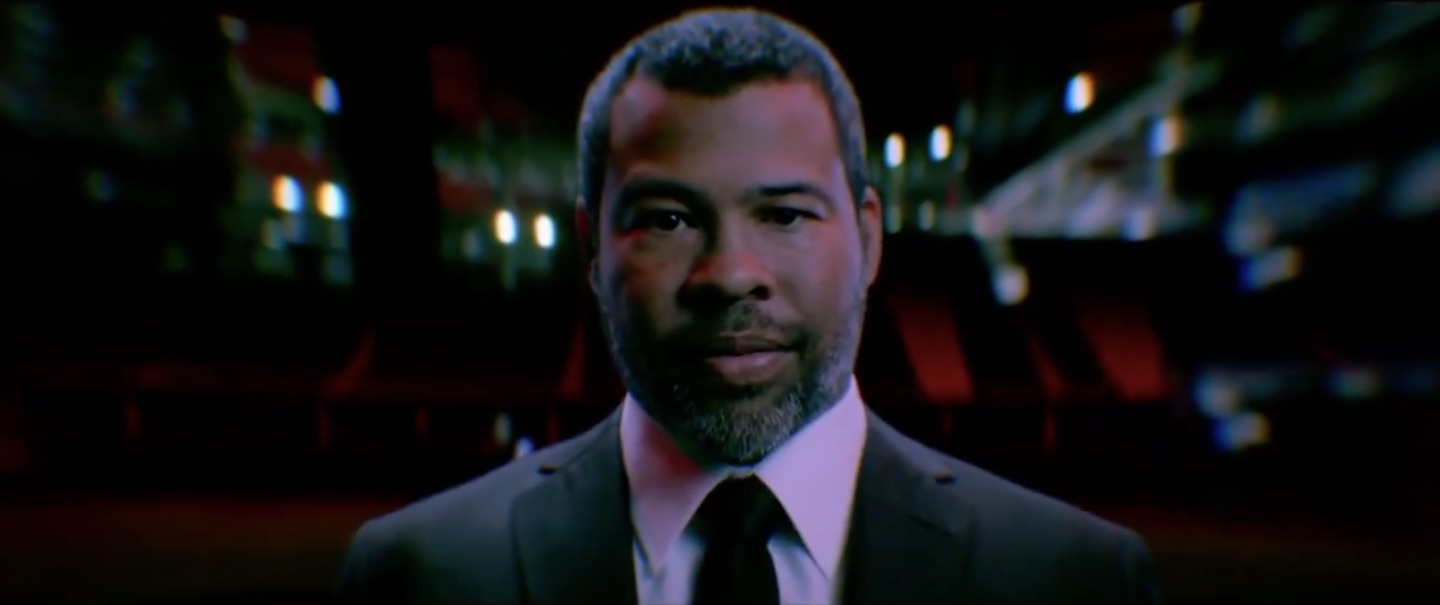Create a free profile to get unlimited access to exclusive videos, sweepstakes, and more!
Jordan Peele explains how his Twilight Zone reboot avoids Black Mirror comparisons

The Twilight Zone is an iconic fixture of genre anthology storytelling that’s influenced tons of shows since its solidification into the pop culture hall of fame. Be they revivals of the series (like the new CBS All Access show from Jordan Peele) or other sci-fi weirdness obsessed with twists and social commentary (like Black Mirror, for example), Rod Serling’s creation is the urtext.
So how do you avoid comparisons to the other modern entries in the highly specific form? Peele spoke to Entertainment Weekly about The Twilight Zone and its close compatriots that all draw from the same source material — and how to make sure that the reboot stayed true to the spirit of the original.
Black Mirror, the British anthology show now owned by Netflix, made a big splash upon its arrival and has been reinventing itself ever since (releasing movie-like episodes and even ones where the audience decides what happens). Dodging that show’s place in pop culture was paramount, and doing so required plenty of respect for its specific strengths.
“Black Mirror is an absolute masterpiece, and we wouldn’t have moved forward with our show if we didn’t identify what is unique to Black Mirror and what is unique to Twilight Zone,” Peele said. “One of the easy rules that we made for ourselves is that we don’t have to explore technology — Twilight Zone covers everything else the imagination can think of.” Since one of the episodes reviewed by critics involves a camcorder, it does seem that Peele’s show is intentional about staying away from the bleeding edge of tech (even if podcasts do become a major plot driver of another entry).
Episode star Kumail Nanjiani also weighed in on how the show differentiates from the current paradigm of twisty genre anthologies. “At its core, Black Mirror is cynical about humanity — that’s not a dig, I love the show,” Nanjiani said. “To me, Twilight Zone, no matter how dark the episode, is ultimately optimistic about humanity.” The Twilight Zone maintains hope and avoids tech, placing itself as hyper-modern only in its tackling of relevant social issues. The rest? Well, it’s based on nostalgia for the original and all the Easter eggs that go along with it.
Fans can start scoping them out when The Twilight Zone premieres on April 1.












